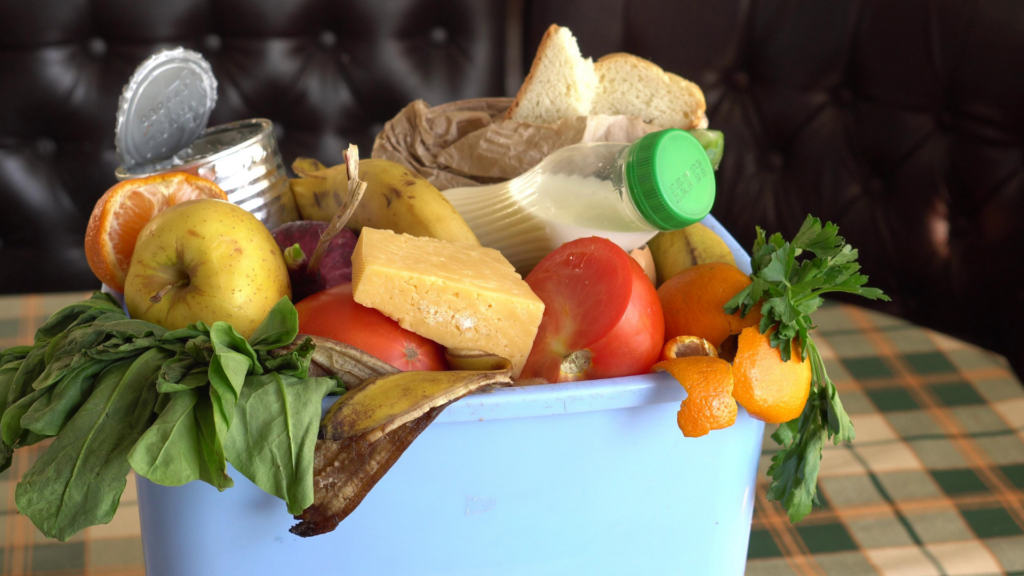Cost has become a barrier for consumers in the EU to access sustainable and healthy food according to a new opinion poll published this week by WWF European Policy Office.
The survey was conducted on-line between 10 March and 4 April. About 18,000 people aged 18 – 65 were interviewed in 12 countries: Austria, Belgium, Estonia, Finland, France, Greece, Portugal, Sweden, Germany, Spain , Poland and the UK.
According to a summary of the report, 64 % of the respondents ranked the cost of food as the most important cost issue for them personally, followed by the cost of housing (48 %), heating (41 %) and petrol (40 %). About half of the respondents were also worried about climate change. A majority of the respondents in each country think that sustainable/healthy food should cost the same or less than unsustainable/unhealthy food.
According to WWF, consumers are in general aware about the price differences between healthy and unhealthy food. Healthy food tends to be more expensive but it contributes less to green-house gas emissions and animal welfare problems. The price consumers pay for food does not really reflect its true cost.
To give one example from Belgium: The cost of 1 kg of organic lentils, which are high in protein, are healthy and have been sustainably produced, is €5.98, while 1kg of tinned sausages, which are ultra- processed, lead to animal suffering and contribute to GHG emissions, cost €4.17. 12 bio eggs can cost €4.59 while supermarket brand eggs can cost €2.59.
A majority in the survey think that large manufacturers should ensure that the food they sell is sustainably produced. Most of the respondents believe that food manufacturers and retail businesses should be obliged to reduce their GHG emissions and source a lot more food from sustainable producers. Half of the respondents believe that retailers should stop advertising their least sustainable products.
A good starting point to make sustainable food more accessible is to serve such food at public canteens or restaurants in schools, hospitals and government offices. Close to 80 % of the respondents in the EU thought that at least half of the food in such places should be sustainably produced.
“Strengthening the sustainability criteria in public food procurement will help governments tackle malnutrition, foster local employment and sustainable food production, in addition to reducing greenhouse gas emissions and waste,” commented Giulia Riedo, Agriculture and Sustainable Food Officer at WWF.
Several European countries are among the top consumers of animal-sourced foods, according to a previous report published by animal welfare NGO Compassion in World Farming. The report highlighted the negative effects of this excessive consumption and suggested a switch to a more balanced and plant-based diet (flexitarianism).
NGOs across the EU fear that political resistance against sustainable food policies is threatening to derail the process for an EU Sustainable Food System Law. In an open letter in February 2023 to the European Commission, hundreds of organisations urged the Commission to ensure that a strong proposal for an EU legislative framework for sustainable food systems is presented by September 2023.
The Brussels Times

